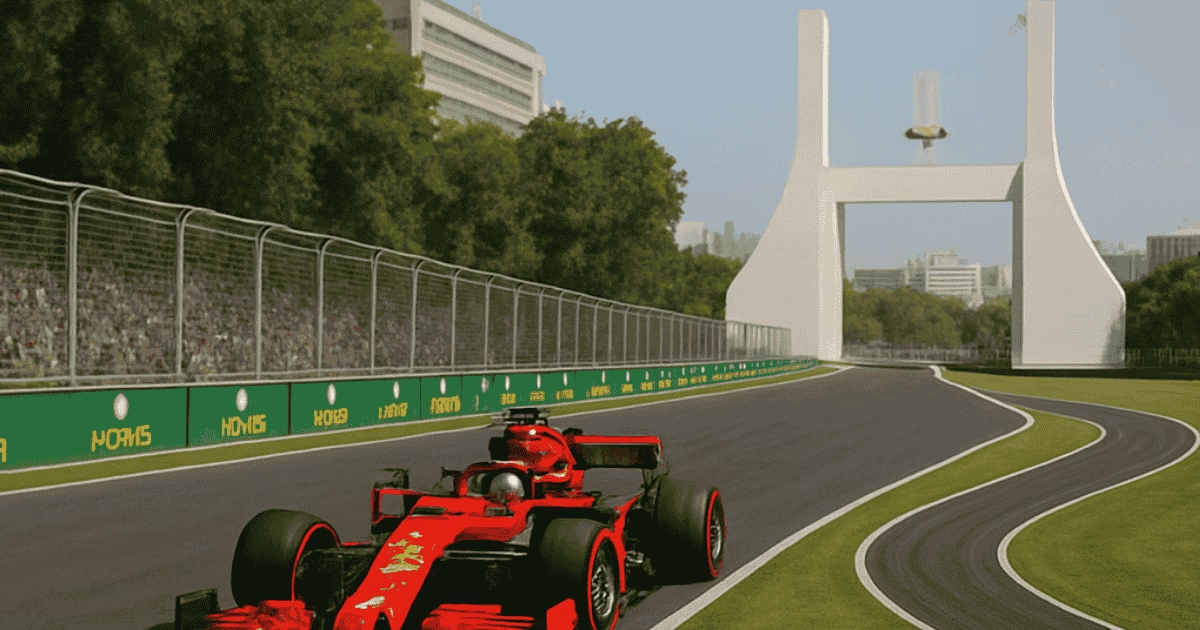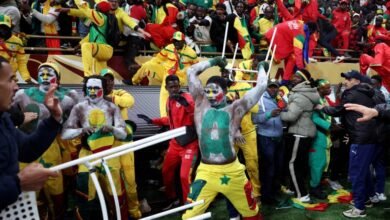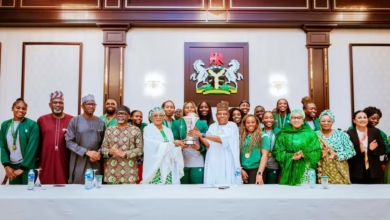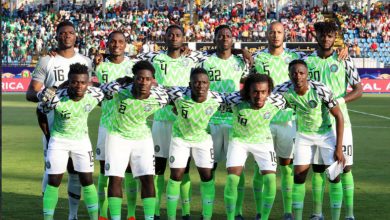
For the first time in over three decades, Formula 1 may soon return to African soil, and Nigeria is leading the charge. The country is reportedly in advanced discussions with Opus Race Promotions to host a Grand Prix, with plans to construct a multi-purpose racing complex in the capital, Abuja. The proposed facility will feature a Formula 1-standard racetrack, karting arenas, hotels, and a motor racing museum. This marks a bold step in Nigeria’s ambitions to diversify its global economic image.
Notably, this initiative is receiving backing from various international figures, including former professional footballer Marvin Sordell, who is supporting broader efforts to bring F1 to Africa. Although his direct role in the Nigeria project remains unclear, his advocacy adds to the growing momentum behind this development.
Why It Matters
The last time Formula 1 graced Africa was in 1993, in South Africa. If Nigeria succeeds, it would become the only African nation on the F1 calendar. This could transform not just its global sporting profile but also its economy.
Hosting a Formula 1 race is a massive undertaking. It requires top-tier infrastructure, security systems, planning expertise, and international partnerships. However, countries that have taken on this challenge, such as Singapore, the UAE, and the United States, have reaped long-term economic rewards.
According to reports, the Singapore Grand Prix generates around $150 million in annual tourism revenue, Austin’s Circuit of the Americas contributes more than $300 million annually to the Texas economy and the Las Vegas Grand Prix generated an estimated $934 million in 2024. These are the kinds of numbers Nigeria could potentially tap into.
Tourism, Jobs, and Exposure
In the short term, a Nigerian Grand Prix would supercharge tourism. Airlines, hotels, restaurants, vendors, and artisans would all benefit from a massive influx of visitors. F1 weekends typically attract over 100,000 spectators, many of them international. This means foreign exchange earnings, new business opportunities, and thousands of jobs—from logistics and catering to hospitality and event management.
Even local content creators and small business owners stand to gain from the visibility and partnerships that global sporting events bring. With the eyes of the world focused on Nigeria for race week, the potential for branding, storytelling, and soft power is enormous.
Long-Term Infrastructure & Legacy
The benefits don’t disappear when the checkered flag drops. Host countries often undergo significant infrastructural upgrades including new roads, airports, public transport, and tech-enabled services. These are legacies that serve citizens for decades.
Abuja’s proposed racing complex could become a multipurpose venue for motorsport education, youth training, and regional competitions. If properly managed, it could become a hub of innovation rather than a white elephant.
The Risks
Of course, Formula 1 doesn’t come cheap. Hosting fees alone can reach $40 million per year, not including the cost of building and maintaining world-class facilities. Without careful planning, this could become another costly vanity project.
Nigeria has a history of overpromised and underdelivered mega-projects. To avoid this fate, transparency, private sector collaboration, and long-term financial modeling will be key. If the government alone shoulders the bill, the burden could outweigh the benefits. But if treated as a public-private partnership with measurable return on investment, it could be a game-changer.
New Identity for Nigeria
For too long, Nigeria’s global economic identity has revolved around oil exports, music, and football. Hosting a global motorsport event positions the country as a modern, diversified, and ambitious economy that is open for tourism, investment, and innovation.
It also sends a message to Africa and the world that Nigeria is building the platform and inviting the world to join.
Final Thoughts
This isn’t just about fast cars. It’s about fast-tracking Nigeria’s global rebranding and accelerate the country’s $1 trillion economy diversification agenda. If done right, a Nigerian Grand Prix can serve as a catalyst for economic growth, attracting foreign investment, boosting tourism, and showcasing Nigeria as a serious player in the global sports and entertainment economy.
Beyond the spectacle, it’s a strategic opportunity to create jobs, build infrastructure, and generate lasting value that aligns with national development goals. But to stay on track, it will require discipline, clear strategy, and long-term vision to ensure this dream stays on track.




